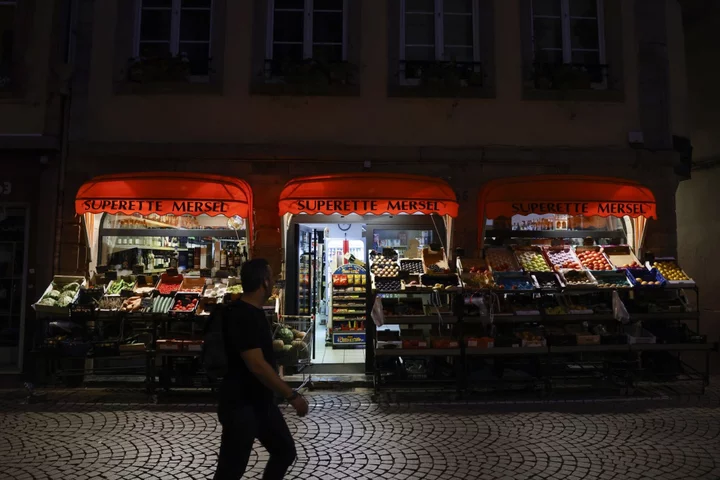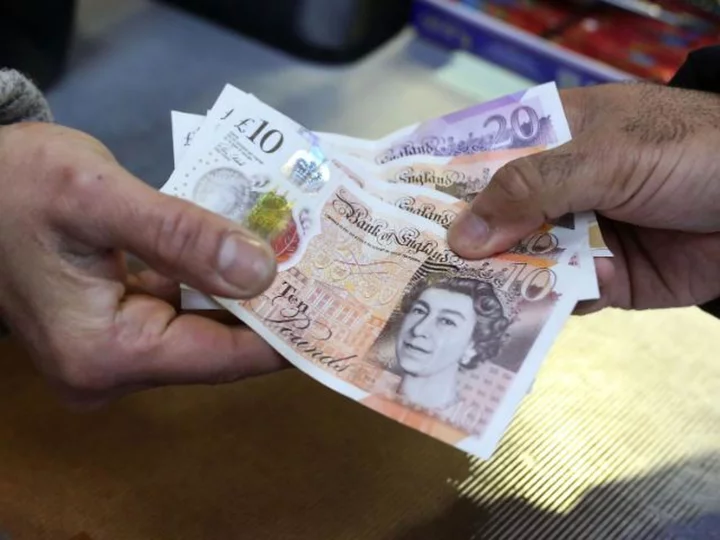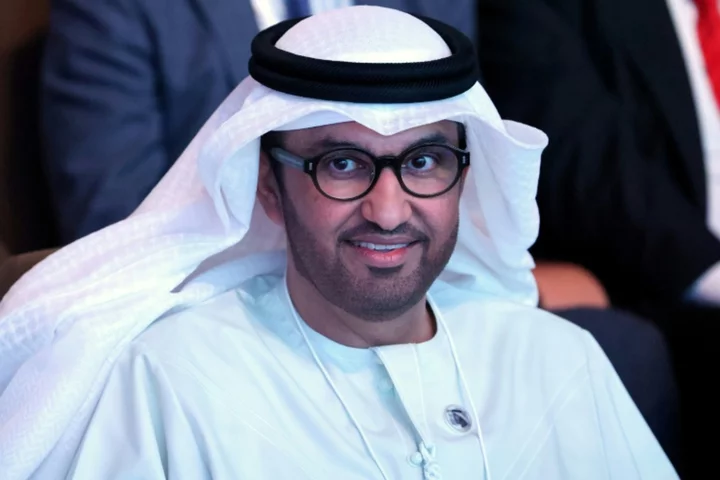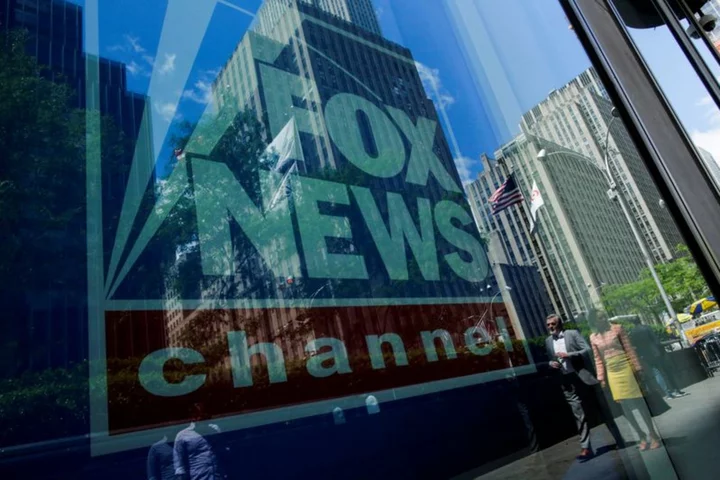French inflation unexpectedly slowed as smaller price increases for services and manufactured goods offset a government-controlled rise in energy costs.
Consumer prices in the euro area’s second-largest economy increased by 5.6% from a year earlier in September — down from the previous month’s 5.7% advance. The median estimate in a Bloomberg survey of economists was 5.9%.
The data add to a divergent picture across the region as the European Central Bank tries to gauge whether its unprecedented ramp-up in borrowing costs is sufficient to bring inflation back to 2%.
On Thursday, Germany reported that price gains plunged to their lowest level in two years, even as they accelerated for a second month in Spain. Numbers for the entire euro zone will be published later Friday and are expected to show a slowdown — including in the underlying measure that policymakers have focused on during this bout of monetary tightening.
Investors welcomed the report from France, buying German bonds and lowering the yields on 10-year debt 5 basis points to 2.88%. They’d flirted with 3% on Thursday — a level last seen in 2011. The euro held gains amid broad dollar weakness, rising 0.2% to $1.0588.
France’s preliminary figures don’t contain a reading for core inflation, which strips out volatile items like energy and food. But the breakdown showed price increases for services slowed to 2.8% — the weakest rate since January — while inflation in manufactured goods, at 2.9%, moderated to its lowest rate in more than a year.
Energy prices rose 11.5% from a year ago in September, up from from 6.8% in August, as the government partially lifted a cap on electricity.
Bank of France Governor Francois Villeroy de Galhau has pushed for the ECB to hold its deposit rate at 4% after 10 successive increases — in part to avoid the risks of suffocating Europe’s already struggling economy.
But some of his more hawkish peers, like Austria’s Robert Holzmann, warn that shocks such as oil hitting $100 a barrel could yet warrant more hikes.
The prolonged battle against inflation is creating difficulties for the French government, which has already spent more than €30 billion ($31.7 billion) offsetting a spike in energy costs that was expected to be temporary.
With limited space to keep spending, ministers are trying more creative options to shelter households. That’s included lobbying oil companies to cut margins and forcing food producers to renegotiate prices with retailers. As part of the 2024 budget, France will also introduce a system of checks for low-income individuals who need a car to work.
“We’re protecting the spending power of our citizens and we’ll continue to do so,” Finance Minister Bruno Le Maire told a small-business conference on Thursday.
--With assistance from Joel Rinneby and James Hirai.
(Updates with market reaction in fifth paragraph.)









